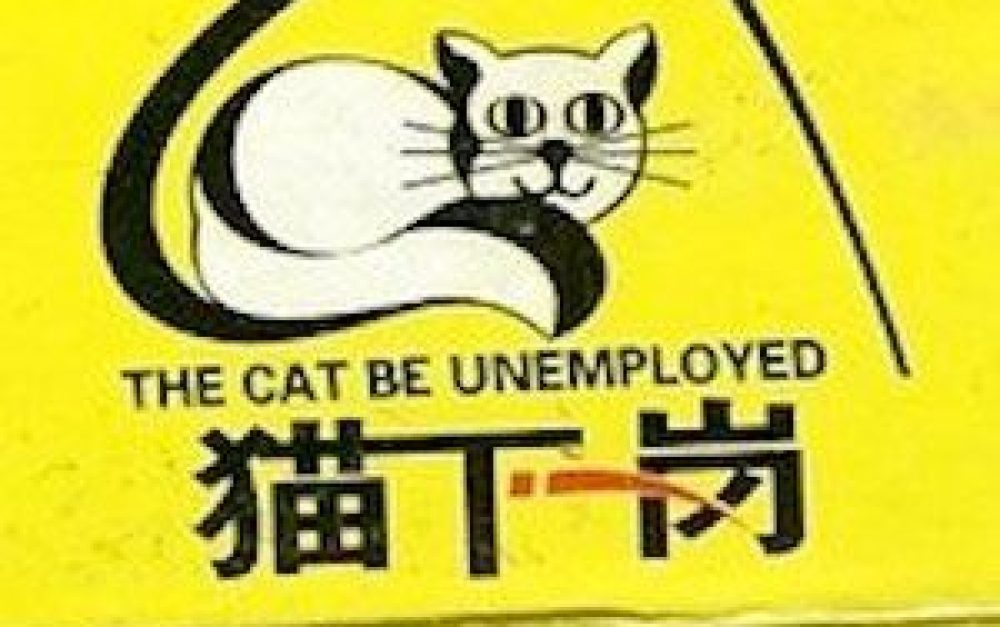There's good news and bad news on the pesticide front this week. Let's take the good news first: A sting operation in New York City got 6,000+ packages of dangerous, illegal rat poison off shop shelves. Hats off to the public servants who got this done!
The bad news comes in two parts: First, the fact that products like this can slip through the cracks of our pesticide control system is downright frightening. And second, industry lawyers are busily weakening one of the few tools EPA officials have to quickly pull pesticide products from the market when they're found to be harmful. Really guys?
A few details on the New York City case. These products, apparently smuggled in from China, were in bright, colorful packages featuring a cuddly looking cat. They looked and smelled like cookies, and contained a potentially lethal pesticide at levels 61 times what's allowed by law.
The product "could easily be confused for children’s toys or candy," EPA regional administrator Judith Enck told the New York Times.
Tough to get genie back in bottle
Protecting us from illegal, dangerous products that slip into the marketplace is one thing on our public officials' plate. Another is being sure the products that are legal aren't harming our health or the environment. Right?
Well, sort of. The problem is, our antiquated national pesticide law (the Federal Insecticide, Fungicide and Rodenticide Act of 1947) was set up to register and label pesticides for market, rather than to protect public health. So once a product's approved, EPA doesn't have many tools to get something back out of the marketplace — even when new science shows the chemical is more harmful that was originally thought.
Once a pesticide's approved, EPA doesn't have many tools to get it back off the market
One of the few tools officials do have, a "Stop Sale, Use or Removal Order" that can require an immediate halt to all use of a product, was challenged in court last month by the American Vanguard Corporation (AMVAC). The company, based in southern California, claimed they lost millions when EPA used the "stop use" order on their turf products containing the pesticide pentachloronitrobenzene. They won their case on purely procedural grounds.
Huge enforcement challenges
In the New York City case, city, state and federal officials joined forces to get a lethal product off the shelves and out of the reach of small hands and mouths. Kudos.
In general, being sure pesticide rules are followed is a tremendous challenge. EPA mostly leaves enforcement up to the states, which — especially these days — are always short resources to get the job done (unlike industry lawyers).
The scale of this problem is huge. At last count, there were more than 17,000 pesticide products that have EPA’s stamp of approval.
Fortunately, there's one more bit of good news to report. President Obama is saying he wants to raise the fees that companies like Monsanto and Syngenta pay to keep their pesticides registered for market. Now that makes sense.
Of course the pesticide industry is likely to be up in arms. I’m sure the company lawyers and PR gurus are already on the case.








